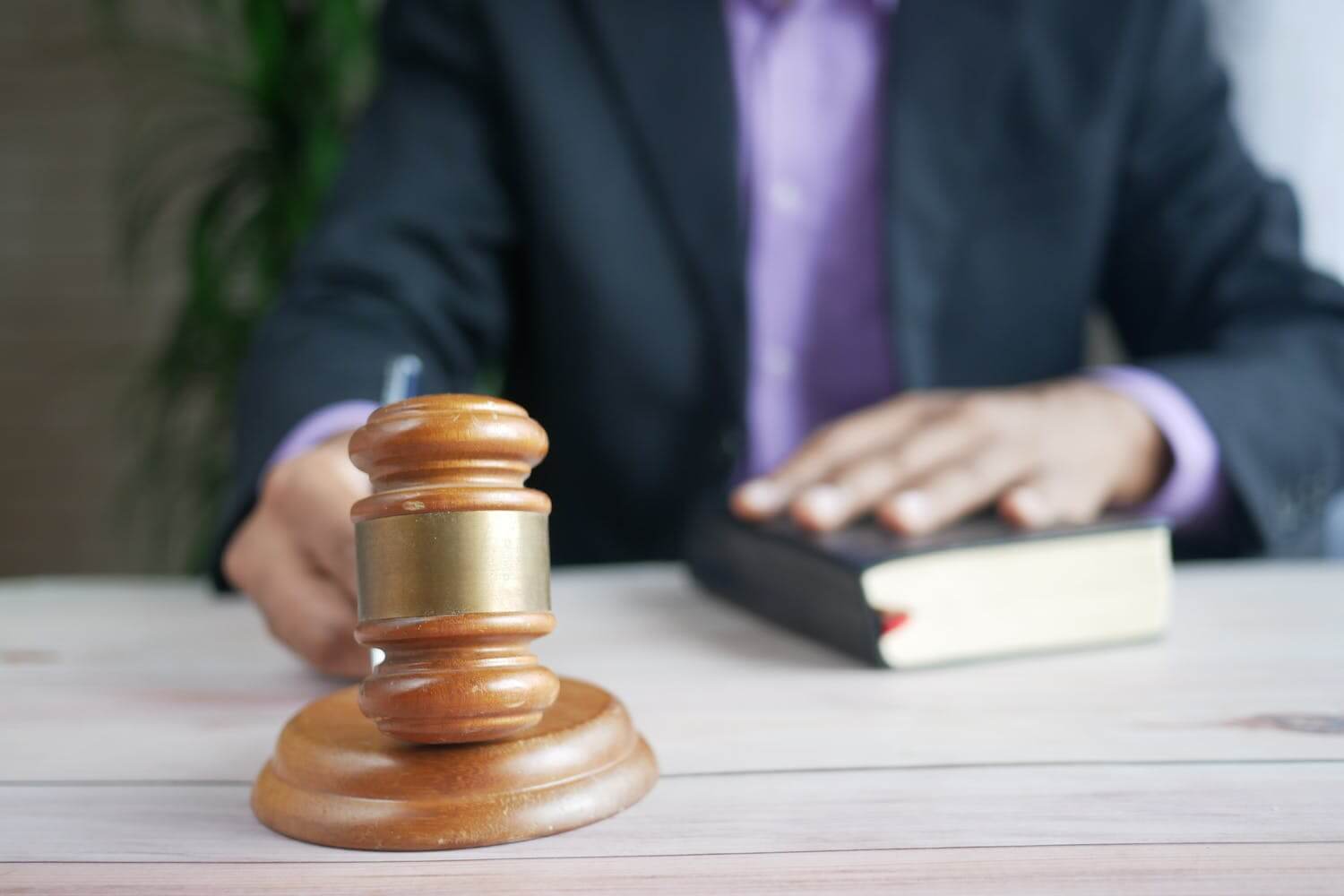In the complex and emotionally charged realm of domestic violence cases in Australia, a frequently asked question is: “Can I withdraw my statement in a domestic violence case?”
The answer is nuanced and involves understanding the legal processes and potential consequences.
Understanding the Process of Withdrawing a Statement
Victims of domestic violence may find themselves in a position where they wish to retract their statement.
This could be due to various reasons, including fear, reconciliation with the abuser, or realising the statement was made in haste or under duress.
However, once a statement is made, control over the case essentially shifts to the authorities.
🔑 Key Takeaway: Withdrawing a statement is legally possible but doesn’t automatically halt the legal process.
Authorities’ Response to Withdrawal
When a victim decides to withdraw their statement, the police and courts undertake a thorough review.
This includes assessing the victim’s reasons for withdrawal and examining the remaining evidence to decide if the case still holds merit.
The authorities want to ensure that intimidation or fear do not influence the decision to withdraw.
🔑 Key Takeaway: The police and courts carefully evaluate the situation before deciding whether to continue with the case.
Also read: What are the Charges for Simple Assault
Legal Implications of Withdrawing a Statement
Case Dismissal vs. Continuation
- Insufficient Evidence: If the victim’s statement is pivotal and no other compelling evidence is present, the withdrawal could lead to the dismissal of the case. This scenario often arises when the idea is the primary source of information about the incident.
- Presence of Other Evidence: Conversely, if there is additional substantial evidence (like medical reports, witness testimonies, or physical evidence), the case might still proceed. The legal system aims to ensure justice and protect victims, even without their direct testimony.
🔑 Key Takeaway: The impact of withdrawing a statement largely depends on the overall strength of the evidence in the case.
Charges of Perverting the Course of Justice
- False Information: If the initial statement contains incorrect information and the victim later admits to this, or evidence proves it, they could face legal consequences. This is particularly serious if the false statement leads to wrongful charges or legal action against someone else.
- The severity of the charge: Perverting the course of justice is a grave offence. It implies that an individual has acted in a way that deliberately obstructs, perverts, or impedes the course of justice. The penalties for this can be severe, including imprisonment.
🔑 Key Takeaway: Providing false information in a statement is a serious offence that can lead to criminal charges.
Impact on Future Legal Proceedings
- Credibility Issues: Withdrawing a statement can affect the victim’s credibility in any future legal proceedings. If they choose to make another statement or are involved in other cases, their previous withdrawal might be used to question their reliability.
- Legal Precedent: The decision to withdraw a statement can set a precedent for how future cases involving the same parties are handled. It might influence the authorities’ approach to any subsequent allegations of domestic violence.
🔑 Key Takeaway: Withdrawing a statement can impact the victim’s credibility and future legal matters.
Need a Lawyer?
Consideration of Victim’s Safety
- Authorities’ Duty: Even if a statement is withdrawn, authorities must assess the victim’s safety. They may take steps to ensure protection, especially if they believe the withdrawal is due to intimidation or fear.
- Issuance of Protective Orders: In some cases, the court might still issue protective orders like Intervention Orders (IVOs), even without the victim’s statement, to safeguard their well-being.
🔑 Key Takeaway: The victim’s safety remains a priority, and protective measures may still be enacted irrespective of statement withdrawal.
The Role of Legal Advice
While withdrawing a statement in a domestic violence case is possible, it does not guarantee that the case will be automatically dismissed.
The authorities take requests to withdraw statements seriously, evaluating each case on its merits and ensuring the safety and well-being of the victim remain paramount.
Legal advice is strongly recommended to navigate this challenging process effectively.

